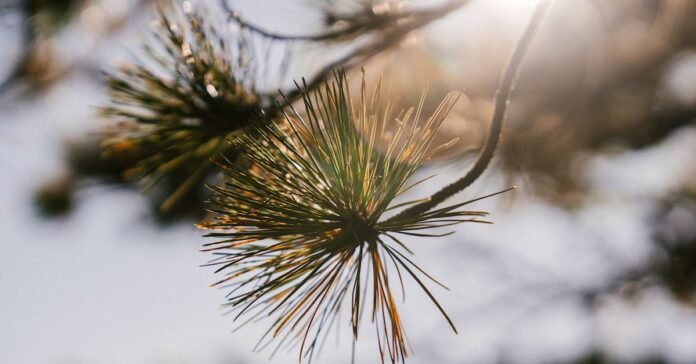It’s really no secret that not everyone has a green thumb. Some people couldn’t grow mold if their basement flooded. Gardening is really an acquired skill and not something you luck into. So if you want to grow a garden but just don’t have the confidence or skill-set, use the tips provided below to beef up on your organic gardening.
Pick the right plants. Certain plants will have an easier time germinating than others, and will guarantee a better harvest for the beginning organic gardener. Good choices include hardy varieties of cabbage, cauliflower, and herbs, but of course, you have to choose those plants which are going to do well in your climate.
Make use of a ground cover, such as mulch or hay. Be sure when you are purchasing your ground cover, that it is also organic, as any chemicals contained in the mulch or hay can be absorbed by your plants. Organic ground coverings will protect the roots of your plants and help prevent water evaporation.
When starting your own organic garden, you should make sure you choose the right medium for growing your plants. Different plants need different mediums. Many of your seedlings should be replotted into a larger container before you put them in your garden. However, some plants, such as melons and cucumbers, must go from their original containers directly into your garden.
Use a nicely finished compost pile as fertilizer for your garden. Organic means that you don’t use artificial fertilizers or herbicides to grow your plants, yet sometimes the soil isn’t necessarily full of the proper nutrients for growth. Utilizing a compost pile can provide you with a rich, dark earthy soil that can provide your plants with plenty of nutrients.
Encourage bees, wasps, ladybirds and other beneficial insects. These insects are vital in an organic garden. Bees are nature’s most efficient pollinator, and wasps and ladybirds prey on destructive insects in the garden. Ladybirds are particularly effective at ridding your plants of aphids. To attract these beneficial insects, plant companion herbs and flowers around the edge of your vegetable garden.
A great tip when opening up your own organic garden is to mist your mix with a spray bottle. If you do not have a spray bottle, then set your trays in water. This is needed so that your mix will get the proper amount of moisture from below the surface.
Although there are many organic weed killers available on the market, it is often best and a real money saver to pull weeds by hand. If you keep up with it regularly, you can easily pull weeds before their roots are established. Wear gloves and be sure to pull out both the foliage and roots.
For organic fertilizer to use around the plants in your garden and flower beds, start a compost bin made from all-organic material that would otherwise be wasted. Pitch in yard clippings, leaves, vegetable peelings, eggshells and coffee grounds, turning the contents of the bin often. In just a short time, you will have great material to mix with your soil that will provide nutrients and nourishment to your plants without added chemicals.
Use rainwater for your organic garden. Water can be collected in barrels when rain fall is at high levels, and then used on your garden during drought periods. This will help to conserve water and provide your plants with all the hydration they need. Most rain barrels have a spicket so you can attach your soaker hose directly to the barrel.
Look closely at the seedlings you purchase. For instance, if you buy tomato seedlings for an organic plot, be cautious if you find green, lush-looking starts that have underdeveloped root systems. If starts don’t have a good root system, they’ll remain attached to the seedlings for a long time. The seedlings won’t be able to thrive until the starts have been removed.
Grow basil successfully. Basil is an annual warm-season herb, very susceptible to cold and frost. Sow seed in spring at a depth of about 1/2 inch in full sun. Keep the soil evenly moist. When the basil reaches about 6 inches, pinch out the top to encourage bushy growth. Pick continuously before any flower buds open. Pick leaves in the morning after dew has dried, and don’t over wash leaves, as you will lose the aromatic oils.
Tomatoes make a healthy, productive addition to any organic garden. To get the most out of your tomatoes, make sure you plant them properly: Tomato plants need lots of air and sunlight. You should space your tomato plants with plenty of open air between them, and site them so that they catch at least 10 hours of direct light every day.
Developing a skill-set in gardening does not mean you have to possess an aptitude for agriculture, in general. As long as you can follow some fairly basic directions, you should have no trouble, whatsoever, planting and growing a successful garden that is 100% organic. So here’s to your success!


